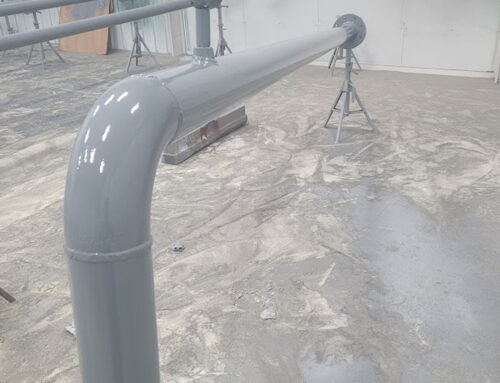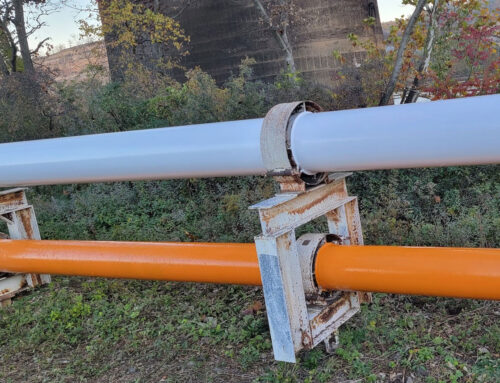Why Complying with Corrosion Standards Reduces Industrial Hazards
In response to questions about the value of corrosion management and the importance of corrosion compliance, Co-founder of Corrpro and Chief Technical Officer at Aegion Corporation David Kroon says, “The greatest value is to reap the full financial benefit of compliance with corrosion control and asset integrity regulations while operating in a safe and environmentally responsible manner.”
A professional engineer with a half-century of corrosion prevention experience, Kroon points to the 2016 IMPACT Study, published by NACE International, that estimated the global cost of corrosion to be $2.5 trillion. The study, Kroon adds, argues 15% to 35% of corrosion costs could be cut using current corrosion control technologies and industry–standard practices.
Why Is Corrosion Compliance Important?
In other words, industrial businesses across the globe can save millions on corrosion costs by simply following a corrosion management plan and staying compliant with NACE International standards for corrosion.
That being said, corrosion compliance isn’t only about mitigating operational shutdowns and focusing on cost savings. Corrosion in industrial settings, even in something minor like a small valve, can put employees and customers at risk.
What Are NACE International Standards for Corrosion Compliance?
When industrial painters talk about corrosion standards, they are typically referring to a NACE International standard: MR0175. The standard was initially published in 1978, updated in 1984 and 2002, and then jointly revised with the International Standards Organization (ISO) in 2009 and 2015.
NACE and ISO compliance is mission-critical for an industrial business where steel, alloy, and other metals that interact with hydrogen sulfide or other materials that increase corrosion. Their standards detail the ranges of temperature, pressure, pH, and amount of gas exposure for industrial metals. The compliance standards also describe the types of metals that should be used in various industrial settings and whether or not they should be welded or machined.
For any sector we serve such as oil and gas, nuclear, manufacturing, and electric, there are subcategories of corrosion standards that our team needs to follow before, during, and after the coating process.
Stay Compliant and Prevent Corrosion. Hire NACE Certified Industrial Painters from Eagle Eye Services.
To ensure your industrial business remains corrosion compliant, it’s best to work with industrial painters who have been certified by the Association for Materials Protection and Performance (AMPP). NACE International and the Society for Protective Coatings (SSPC) teamed up to build a three-tiered coatings inspector curriculum, which enables industry professionals to formally inspect coatings, devise plans for surface preparation, and advise which new coatings to use.
At Eagle Eye Services, our team of certified industrial painters can not only identify the extent of corrosion at your facility. We can perform repairs that can increase the longevity of metal piping and other materials, protecting your staff, customers, and bottomline from an incident. To learn more about how our industrial painting services can help your business, contact us today and obtain a free estimate. We serve industrial businesses throughout the Northest. Fill out this form to get started today.
Ready to Get Started?
Have questions about your project or need a quote? We’ve got someone ready to help you.



